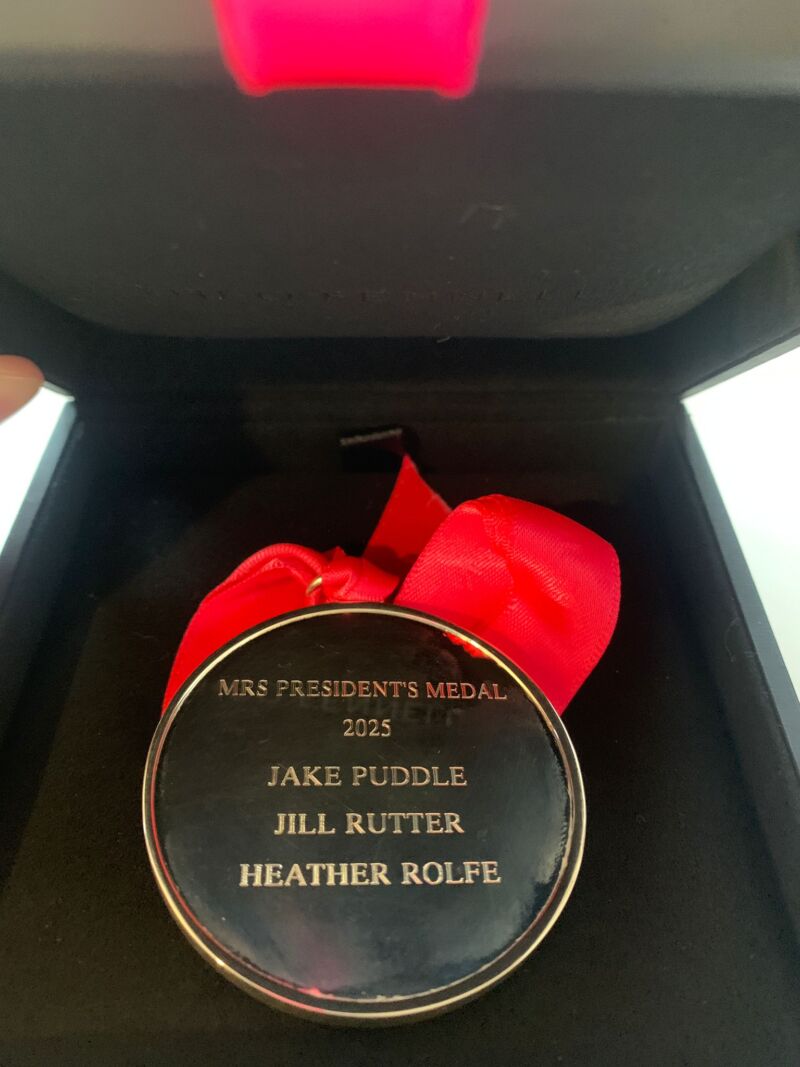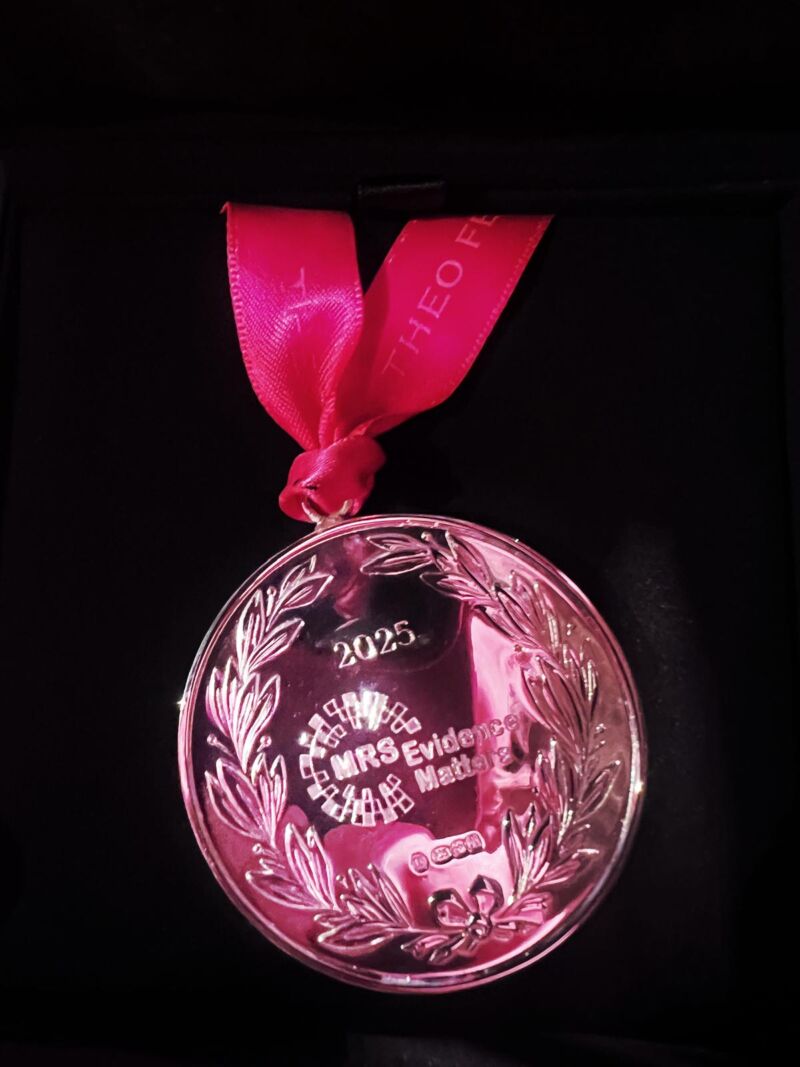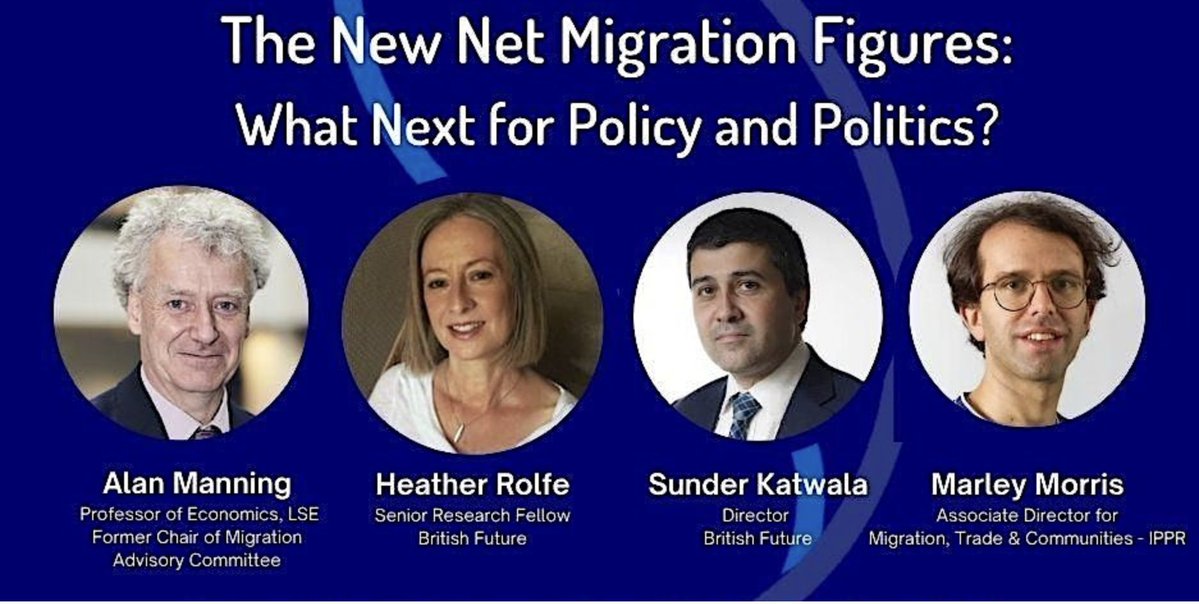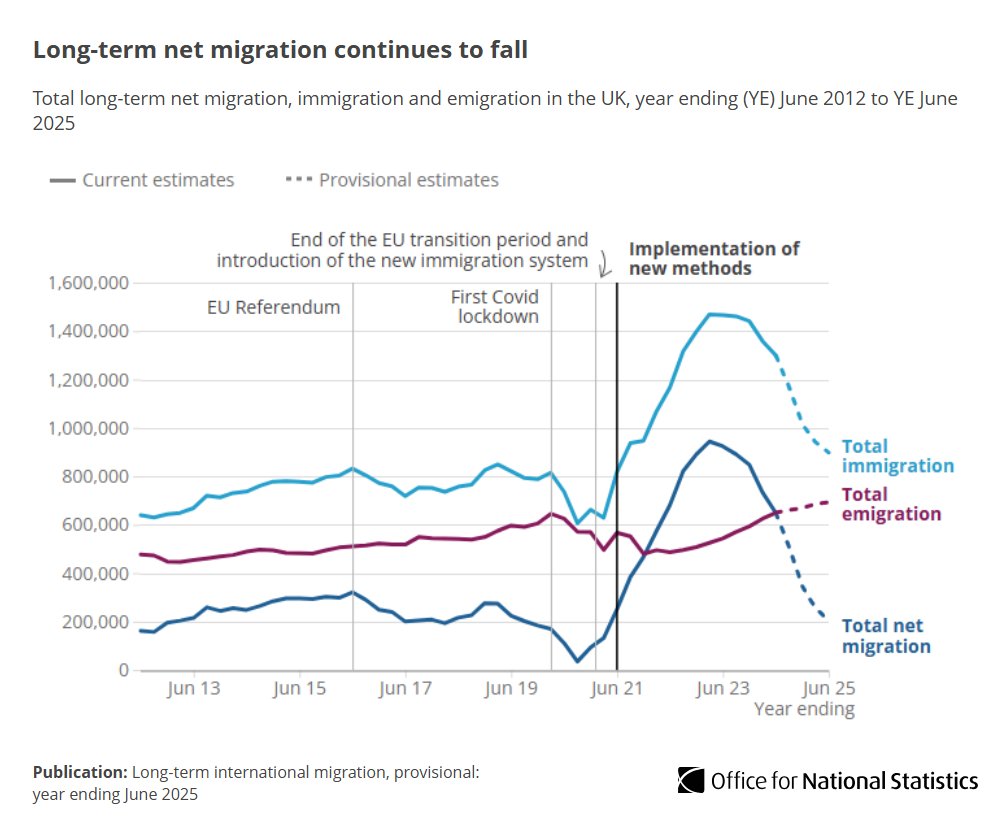Thank you to Gail, to Beth and to the Royal British Legion for the invitation to join you here at the Senedd on the important day – to be part of what has been such a powerful expression of what it means to remember together.
What was being celebrated in Wales and across Britain on Victory in Europe Day was winning the war after six long years, liberating Europe from the scourge of Hitler’s fascism. That makes 8th May 1945 one of the most important days in history – in our countries, across our continent and for the world.
Eighty years is a long time. Most of us were born after the Second World War ended. It has been powerful to be reminded during this 80th anniversary that the events that most of us know, from grainy black and white photographs or newsreel footage, are still living memories for those few heroes and heroines that remain as the 98-year- olds and centurions of today.
This Remember Together event in Cardiff today has made a powerful contribution to telling such an important story. That the armies which fought in the world wars look more like our society of 2025 than that of 1945 or 1918.
We have heard so much today about the many different ways in which winning the war was a story of shared service – and of solidarity across the whole of society, at home and abroad, to support that effort. Recognising that – by remembering together – matters today.
It matters because it is part of how we honour the past properly: we should recognise the service and commemorate the sacrifice of all who contributed.
It matters because of what we all today owe to what was achieved from 1939-45. Perhaps more than any other war, the Second World War was an existential conflict against fascism. The liberties of all of us today are the legacy of all of those who contributed to the war effort. But this is not just about looking back with gratitude to what we owe to those who served.
It matters too because of how it can help us to look forward – to the future of the society that we share today. So I also want to say something about why inclusive Remembrance will matter more in this 21st century
Wales, like the rest of Britain, has changed over the last eight decades. We have become a more diverse society. To ensure that changing societies feel confident, inclusive and shared takes work. Indeed, we need to work on many fronts: on fair chances and breaking down the barriers, on how everyone can feel that their voice counts, on how to ensure mutual respect, even when we disagree about politics or anything else.
How we talk about and recognise our history provides one important foundation. The increasing awareness of the inclusive story of Remembrance offers us a powerful shared entry point to the story of the making of modern Britain.
Shafalini Verma from the Royal Commonwealth Society has set out not just the scale of the Commonwealth contribution, but also the range and the diversity of that contribution.
Ghee Bowman, who has written brilliant books about the role of the Indian Army, would have liked to be here with us today to tell that story. So I would like to mention his research, and say a few words about the Indian Army.
When we talk about the Indian Army, we are talking about the army drawn from the India of the 1940s. That was the India my Dad was born into in March 1944, a year before the war ended. So he was born a British subject, 4,000 miles away, becoming an Indian citizen between the ages of three and four, but later becoming British again some decades later when he came here to work for the NHS.
This was pre-independence India – so it included modern day India and Pakistan, Bangladesh and Sri Lanka.
The Indian Army grew from 195,000 men in the Autumn of 1939 to over 2 million by the end of the war. A fledgling Indian Air Force went from 285 men to 29,000.
This made the Indian army of the Second World War the largest volunteer army in history. That can have a strange sound to our modern ears: that soliders would volunteer for the army of an imperial power. Yet those who volunteered saw no contradiction in taking up arms for King and Country. That was often because they saw the German and Japanese regimes as an existential threat, while also believing that it was time for India to govern itself.
There was an attempt to raise a rebel army for the Germans against the British, but the Indian Army outnumbered – by a 50:1 ratio – the 43,000 rebels who heeded that call. General Sir Claude Auchinleck, commander-in-chief of the Indian Army, was to remark in 1945 that ‘every Indian officer worth his salt today is a nationalist’. Their crucial role in defeating Japan was, for many Indian Army officers, the final proof that India was no less ready or worthy of self-government than Canada or Australia. And by the second anniversary of VJ Day, Nehru was declaring India’s independence, with India and Pakistan invited to remain in the Commonwealth as Republics, making the modern Commonwealth possible.
When we see the tensions and watch anxiously the conflict between India and Pakistan in South Asia in recent days, it becomes all the more important that we work together on what is shared across our communities in Britain today.
As a non-partisan charity and thinktank working to strengthen our common ground, British Future has conducted new research into public understanding of the war effort. There is a broad public appetite for inclusive Remembrance – and a belief that it can make a difference too. Over three-quarters of people think that teaching children about the service and sacrifice of those from different ethnic and faith backgrounds will help to build shared identities and strengthen cohesion in a multi-ethnic Britain.
But knowledge is patchier. There has been a growing awareness of the Commonwealth contribution – but there is also much more to do. In the last decade, the First World War centenary helped to increase awareness of the Indian Army. Over half of the public became aware of it.
The research shows why it is important to take the time to talk about and commemorate all of those who served. While the Sikh contribution, for example, is a source of enormous pride within the Sikh community, less than half of the general public have heard about it.
Mohinder Singh Pujji was one of the first 18 Indian pilots to join the RAF in 1940. He was celebrated during the war, yet felt forgotten for some years afterwards. He settled in Gravesend in Kent and is honoured with a statue there today. I do think it would be better to spend more time debating which new statues we should want to put up than have arguments about how many need to come down.
We need to increase awareness of the contributions across every faith. Norma Glass spoke so powerfully today about the importance of recognising on VE Day that Jewish people were not only the targets of genocide in the holocaust, but also how Jewish soldiers were also among those at the forefront of the forces that liberated the hell of Belsen. Our research suggests that around a third of people have that understanding that Jewish soldiers were not simply the victims of this war but also among those who fought together win it.
Similarly, just a third of people understand that there were Muslim soldiers fighting in the world wars for Britain. One new initiative launching today, Great Faith, seeks to raise awareness. It is a remarkable series of 80 portraits of service of Muslim men and women, created by the renowned portrait artist Arabella Dorman – including Noor Inayat Khan and others from the second world war, racing across the century from veterans of the world wars to those serving our country today.
When we go beyond the Indian Army, there is considerably less familiarity with other stories of Commonwealth contribution. Only around a quarter of people know about the contributions from the Caribbean and from Africa. It is so important that we work together to change that.
Uzo Iwobi spoke powerfully earlier about the Windrush Cymru elders represented here today. And I want to join her in paying tribute to the Windrush generation today.
On this VE Day 80th anniversary, I would particularly like to take a moment to remember the late Sam King. He was a passenger on the Windrush, because he had served in the Royal Air Force. A third of the passengers on the Windrush when it docked at Tilbury in 1948 were RAF servicemen returning to Britain. I remember that he was wearing his RAF medals when I interviewed him in Windrush Square in Brixton, on the 65th anniversary of Windrush in 2013, as he continued to champion recognition of Windrush Day – which is now marked every year here at the Senedd, in Westminster and in communities around the country.
The Windrush’s arrival has become the ‘origins moment’ of a modern, multi-ethnic post-war Britain. We need inclusive Remembrance to help us to join the dots. The journey from War to Windrush is one of the keys to the Windrush story – and enables us to understand how that moment of arrival was one new chapter in a longer history too.
To have a story of how our past, present and future are linked is an important part of what it means to be a nation. Ensuring that we understand the diversity of the war effort is a crucial way to join the dots in the making of modern Wales and the making of modern Britain.
This country has a long history. None of us can change the past – though we are all products of it. We should not shy away from its complexity and controversies. But this country’s role in winning the Second World War should always endure as a source of shared pride.
Few of us in the 2020s are directly responsible for the era of Empire. What we all inherit and share is a responsibility for how we choose to reflect on our history. That should include how we can better recognise those contributions which have been previously overlooked – so that we write into our national story all of the chapters that it should contain.
Today’s event has demonstrated the Royal British Legion’s commitment to inclusive Remembrance, and to seeking to be a partner to those from every community who think this matters.
So I would like us to conclude this important event on this important day with a gentle call to action for the future too.
Let us also make today a foundation – to renew our commitment to inclusive remembrance, where everybody is recognised, and everybody is invited to take part. Let that be the spirit in which we prepare for VJ Day in August, and the Remembrance season this November, and every November in the decade to come.
Let us share a vision that, when in 20 years our country marks the centenary of these great events, people will have the fullest understanding of how shared contribution helped to shape the society of today, and what that meant for the making of modern Wales and the making of modern Britain.
Together, we will remember them all.
Sunder Katwala, Director of British Future, speaking at Remember Together, VE Day 8th May 2025, Sennedd Cymru











